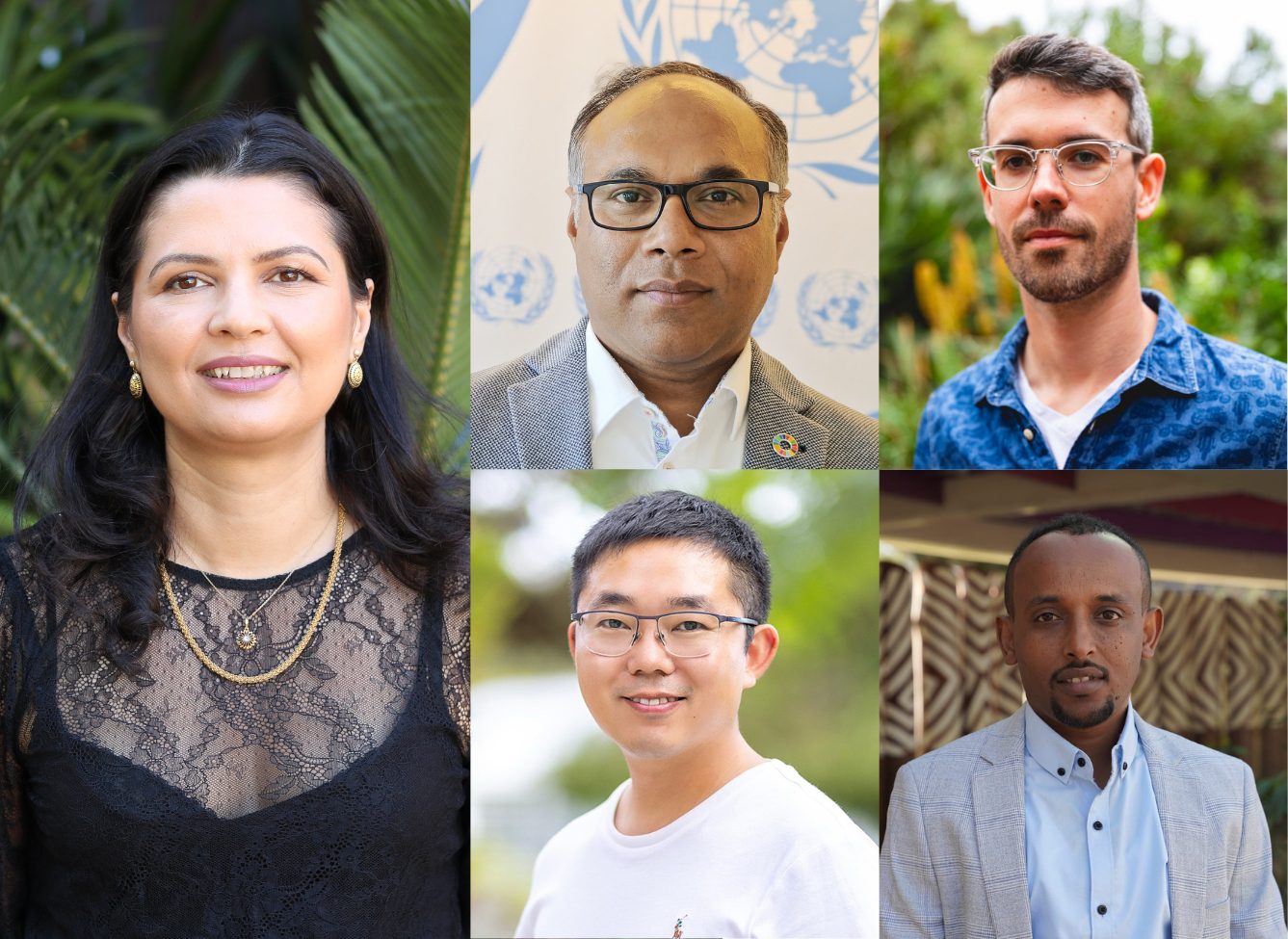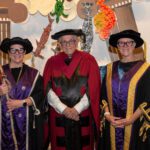An epidemiologist tackling global tuberculosis, a circular economy innovator, a plant scientist advancing crop resilience, a nanogeoscience pioneer and a geospatial intelligence expert are the Curtin University researchers recognised in the 2025 WA Young Tall Poppy Science Awards.
The prestigious awards, run by the Australian Institute of Policy and Science (AIPS), recognise outstanding early-career scientists who combine world-class research with a passion for science communication and community engagement.
Associate Professor Kefyalew Alene is an infectious diseases epidemiologist whose geospatial research is helping fight tuberculosis worldwide. Leading the GeoTB Research Team at The Kids Research Institute Australia, his work integrates spatial analytics and epidemiology to inform global tuberculosis control and prevention strategies.
A global leader in circular economy and zero-waste research, Associate Professor Atiq Zaman from the Curtin University Sustainability Policy Institute (CUSP) is helping to shape sustainable practices, policies and collaborations both locally and internationally. He has important roles with the National Environmental Science Program, the UN Trade and Development, the UN Council of Engineers for the Energy Transition and Curtin’s Global South Nexus.
Dr Fatima Naim is an agricultural scientist whose work in plant physiology and disease tolerance is advancing the fight against crop disease. At the Centre for Crop and Disease Management, co-funded by Curtin University and GRDC, she leads research into the early stages of plant infection and recovery, driving innovation in disease resistance and crop resilience. Her work is exploring the value of leading-edge research capabilities such as spatial transcriptomics, the study of gene expression at a cellular level in plants.
A key member of Curtin’s Geoscience Atom Probe facility, Dr Denis Fougerouse is a geologist pioneering research in nanogeoscience. Dr Fougerouse leads research on how green energy elements form in rocks, and how we can best extract these metals to support the energy transition.
Dr Yongze Song is a geospatial scientist at Curtin University, recognised globally for his innovations in geospatial intelligence. As leader of a geospatial intelligence team, he develops cutting-edge methods and software to improve sustainable infrastructure management, with strong industry partnerships worldwide.
“I’m thrilled to celebrate five exceptional early-career researchers recognised as Young Tall Poppies for 2025,” Professor Hayne said.
“Their research is driving innovation in fields as diverse as infectious disease epidemiology, sustainability, crop science, nanogeoscience and geospatial intelligence, while their commitment to sharing knowledge with the community highlights the very best of Curtin’s research culture.”
As part of the Young Tall Poppy program, the five Curtin researchers will engage in education and outreach initiatives across the state, visiting schools, running workshops and inspiring the next generation of scientists in Western Australia.
For more information about the 2025 WA Young Tall Poppy Science Awards, visit here.



